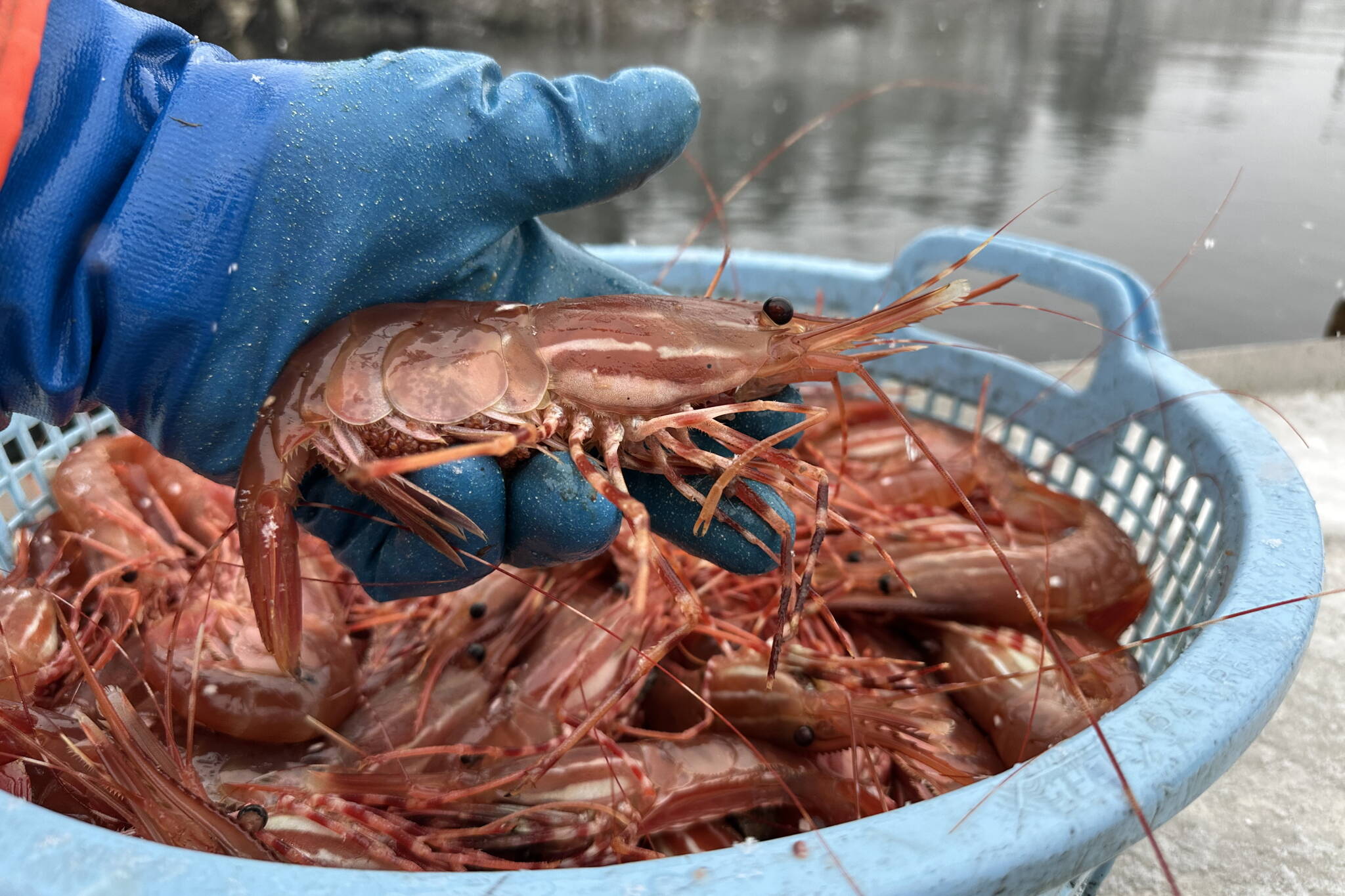I doubled our money.
Then lost the winnings.
Then lost the initial bet.
Just like that I turned our $100 into $200 then $0 in three spins at the first Las Vegas roulette table we saw. But I didn’t do anything. There was no skill. There was only chance and a long shot chance at that. The odds of winning on a red or black bet is around 47% since there is a green option with a higher payout, but much worse odds.
So it’s not all that different from betting on a coin flip, but that’s no fun. The fun in roulette, and everything else in the casino, is the action.
But that three-spin debacle cured me of betting. I’ve lost a few bucks on scratch-off tickets here and there, donate $20 to the NCAA tourney pool with college buddies and buy some losing raffle tickets from students who are fundraising, but that’s about it. No fantasy leagues, no 10-team parlays (odds are 720 to 1) or putting cash on what color Gatorade will be poured on a coach.
A study by Prescott House showed that 57% of male student-athletes and 75% of college students bet on sports which isn’t a big surprise given there are over 34 million NCAA brackets filled out. It’s a simple, easy cultural phenomenon this time of year.
But it often doesn’t stop with a bracket or two in March and this isn’t state lottery revenue going to education, nonprofits or charities. The industry offers opportunities to place bets on obscure elements, for big dopamine hits and horrible odds, like bench players hitting three-pointers and grabbing a rebound.
The insidious nature of gambling makes the future of sports betting worrisome. Michael Lewis, the author of “Moneyball” and “The Big Short” has spoken about the proliferation of betting opportunities, and the financial toll it takes on people since most gambling is done by people who make less than $100k per year. Lewis also reports that gambling apps track user data to identify those who may have a problem and rather than guide them to counseling, see them as a revenue stream.
Professional leagues have partnered with betting apps to take more money from the middle and working-class fan base. In 2024, the sports betting industry made $13.71 billion in revenue.
Wealthy people do place massive bets and contribute a substantial amount of total loss, but the pain will be most felt by those who can’t afford it. It’s Clark Griswold on his Vegas vacation digging deeper and deeper into debt. We laugh at his tragic flaw taking hold and tanking the family’s finances. But it’s a comedy and a Good Samaritan passes along his winning ticket before dying.
That’s not reality.
I picture a reality more like the film “Boiler Room,” when the victims of Wall Street action junkies become real in the face of Harry Renard who, after trusting the protagonist with money that was supposed to go toward a home, is on the floor, broken, as his family walks out. He was manipulated by the smooth-talking Seth into gambling his savings on a stock expectedly tanked. The money is gone. In the end Vin Diesel’s character signs a sell ticket to get his money back but even if Harry is financially back at even, the family will be forever changed.
Life isn’t Hollywood, and much of the $3.1 billion bet on the NCAA tournament this year will evaporate from the pockets of those who can’t afford the hit but will try again during the NBA Playoffs.
Madness indeed.
• Jeff Lund is a freelance writer based in Ketchikan. His book, “A Miserable Paradise: Life in Southeast Alaska,” is available in local bookstores and at Amazon.com. “I Went to the Woods” appears twice per month in the Sports and Outdoors section of the Juneau Empire.
